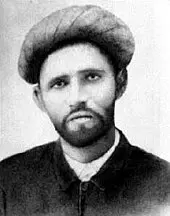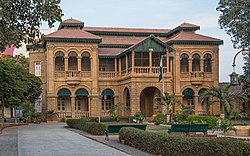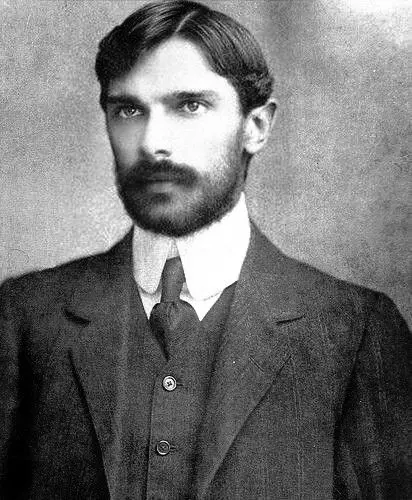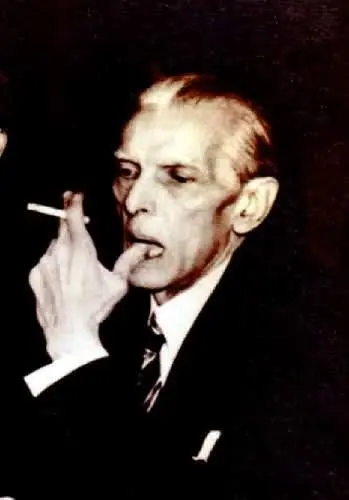Education
Muhammad Ali Jinnah
(1876–1948)
Introduction
Muhammad Ali Jinnah, known as the founder of Pakistan, was a visionary leader, statesman, and lawyer. He played a central role in the struggle for the independence of the Indian Muslims and the creation of Pakistan in 1947. Revered as "Quaid-e-Azam" (Great Leader), his unwavering determination, eloquence, and leadership have left an indelible mark on history.
Initial Education
- Early Schooling: Jinnah received his early education in Karachi.
- He initially attended the Sindh Madrassat-ul-Islam School, which emphasized traditional Islamic teachings.
- Later, he enrolled at Christian Mission High School, Karachi, where he completed his matriculation at the age of 16.
Foreign Education
- England: At the age of 17, Jinnah traveled to England to pursue further education.
- In 1892, he enrolled at the prestigious Lincoln's Inn in London to study law.
- He chose Lincoln's Inn specifically because he admired its list of notable alumni, which prominently displayed Prophet Muhammad (PBUH) as one of the greatest lawgivers.
- Achievements in England:
- During his time in England, Jinnah developed a deep appreciation for Western law, culture, and politics.
- He qualified as a barrister at law in 1896, becoming one of the youngest Indian barristers of his time.
- Alongside his legal studies, he also studied British parliamentary practices, which greatly influenced his political career.

- Political Carrier
Muhammad Ali Jinnah began his political career in 1906 by joining the Indian National Congress to advocate for Hindu-Muslim unity and self-rule. Disillusioned by Congress's bias toward Hindu-majority interests, he joined the All-India Muslim League in 1913 and emerged as a key leader advocating for the rights of Indian Muslims. Through his vision and leadership, Jinnah championed the Two-Nation Theory, ultimately leading to the creation of Pakistan on August 14, 1947, as a separate homeland for Muslims. As Pakistan's first Governor-General, Jinnah laid the foundation of the new nation but passed away shortly after on September 11, 1948

Muhammad Ali Jinnah Top Lawyer

Mazar e Quaid

Mazar e Quaid (aerial view)

Residence of Muhammad Ali Jinnah
Genius Stories
1. The "Brilliant Lawyer" of Bombay
Muhammad Ali Jinnah’s sharp legal acumen earned him great respect in Bombay’s courts. In one notable case, he defended a client against false accusations of corruption. Despite facing a well-prepared prosecution, Jinnah dissected the evidence and cross-examined witnesses so skillfully that the judge dismissed the case entirely. His eloquence and precision became legendary, making him one of the highest-paid lawyers in India.
2. The 14-Year Boycott of British Goods
As a young lawyer, Jinnah became part of the Swadeshi Movement in 1905, which called for boycotting British goods to promote Indian industries. Despite his growing legal success, he refused to wear European suits or use imported items. Instead, he encouraged Indian artisans by wearing traditional clothing, proving his ability to blend professionalism with patriotism.
3. Turning Down a Judge's Position
Jinnah was once offered a highly prestigious position as a judge of the Bombay High Court. However, he turned it down because he believed he could serve his nation better by staying active in law and politics. This decision demonstrated his deep sense of purpose and his commitment to the larger cause of India’s independence and the rights of Muslims.
4. The "14 Points" as a Political Masterstroke
In 1929, as tensions between Hindus and Muslims escalated, Jinnah presented his Fourteen Points, a set of principles designed to safeguard Muslim rights in a united India. His legal background and political genius shone through in these points, which became the cornerstone of Muslim League policies and the demand for Pakistan. The clarity and foresight in these principles won him admiration even from his adversaries.
5. "No Bribe, No Compromise"
Jinnah was known for his impeccable honesty in both his legal and political careers. On one occasion, a wealthy client offered him a blank cheque, requesting him to name his fee in exchange for manipulating the case’s outcome. Jinnah firmly refused, stating, “I do not sell my integrity.” His unshakeable morals became a hallmark of his career.





